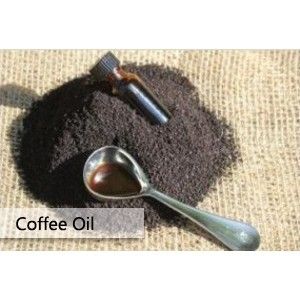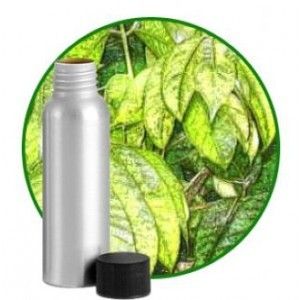
Coffee oil
12500 INR/Liter
Product Details:
- Odour Natural
- Purity 100%
- Storage Dry Place
- Appearance Pale Yellow
- Gender Male
- Volume 1 Liter (L)
- Raw Material Seeds
- Click to view more
X
Coffee oil Price And Quantity
- 12500 INR/Liter
- 12500.00 - 18000.00 INR/Liter
- 1 Liter
Coffee oil Product Specifications
- All Age Group
- Pure Essential Oils
- Store in cool dry place
- Male
- 1 Liter (L)
- Herbal Extract
- Seeds
- 03 Years
- Boost Memory, Fragrance Compound
- 100%
- Dry Place
- Pale Yellow
- Natural
Coffee oil Trade Information
- JAIPUR
- Telegraphic Transfer (T/T), Western Union, Paypal, Letter of Credit (L/C)
- 400KG Per Month
- 4 Days
- Yes
- Sample costs shipping and taxes has to be paid by the buyer
- CUSTOMIZED
- Australia, North America, South America, Eastern Europe, Western Europe, Middle East, Africa, Central America, Asia
- All India
- ISO 2009-2015
Product Description
Coffee consumption has generally been shown to have little or no impact on cancer development.Coffee consumption reduces the risk of prostate cancer, Alzheimers disease, dementia, Parkinsons disease, heart disease, diabetes mellitus type 2, non-alcoholic fatty liver disease, cirrhosis, and gout. It may increase the risk of acid reflux and associated diseases.The fact that decaffeinated coffee also exhibits preventative effects against diseases such as prostate cancer and type 2 diabetes suggests that coffees health benefits are not solely a product of its caffeine content. Specifically, the antidiabetic effect of caffeine has been attributed to caffeic acid and chlorogenic acid.The presence of antioxidants in coffee has been shown to prevent free radicals from causing cell damage. Evidence suggests that roasted coffee has a stronger antioxidant effect than green coffee.Coffee is no longer thought to be a risk factor for coronary heart disease.Caffeine acts as an acute antidepressant. A review published in 2004 indicated a negative correlation between suicide rates and coffee consumption. It was suggested that the action of caffeine in blocking the inhibitory effects of adenosine on dopamine nerves in the brain reduced feelings of depression.Excessive amounts of coffee can cause very unpleasant and even life-threatening adverse effects. Coffees adverse effects are generally more common when taken in excess. Many of coffees health risks are due to its caffeine content and can therefore be avoided by drinking decaffeinated coffee.Oily components called diterpenes are present in unfiltered coffee and coffee brewed using metal filters, but not in coffee brewed using paper filters. The two diterpenes present in coffee, kahweol and cafestol, have been associated with increased risk of coronary heart disease via elevation of low-density lipoprotein (LDL) levels in blood.Lines from explanatory text point to portions of the body.Overview of effects of moderate consumption of caffeine, a main active component of coffee Elderly individuals with a depleted enzymatic system do not tolerate coffee with caffeine well. They may also react poorly to decaffeinated coffee because it can cause heartburn. Moderate amounts of coffee (50 100 mg of caffeine or 510 g of coffee powder a day) are well tolerated by most elderly people.Coffee consumption can lead to iron deficiency anemia by interfering with iron absorption, especially in mothers and infants.Coffees interference with iron absorption is due to the polyphenols it contains. However, excess iron is carcinogenic to the liver.Tell us about your requirement

Price:
Quantity
Select Unit
- 50
- 100
- 200
- 250
- 500
- 1000+
Additional detail
Mobile number
Email









